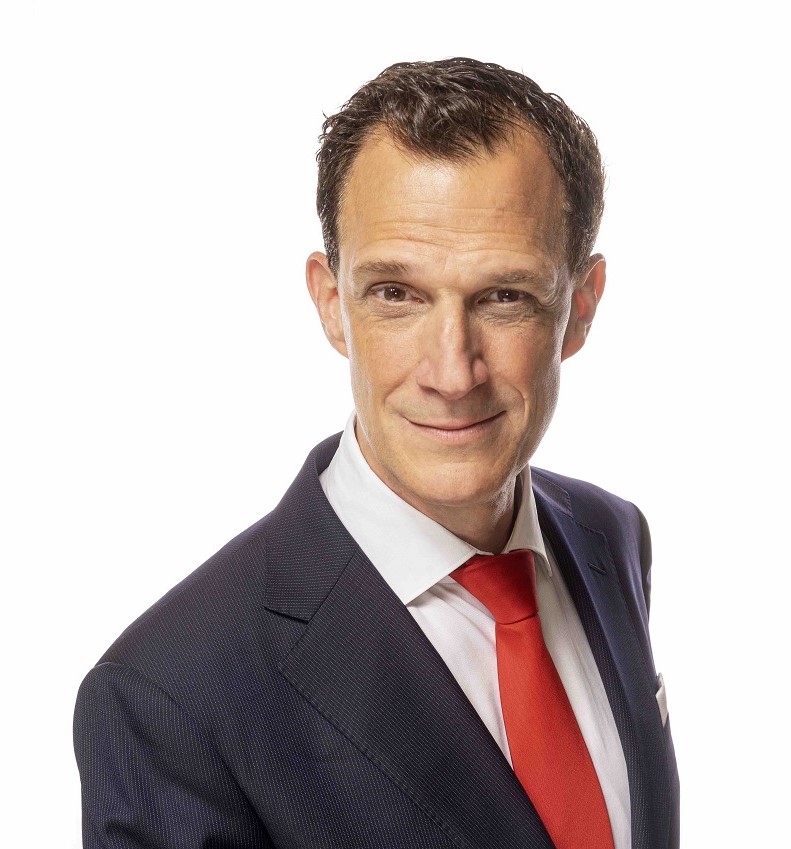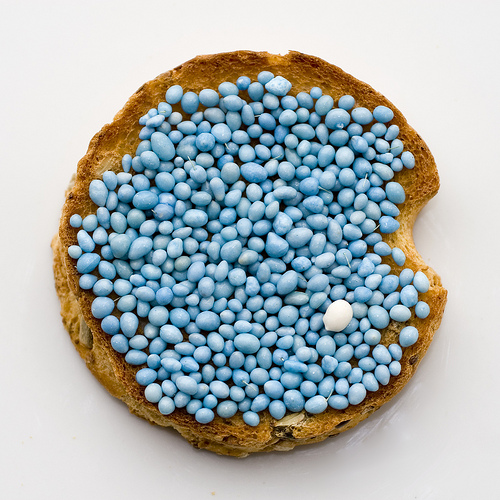The Hague has been home to a Dutch Waldorf school for over 90 years. Since 2018, it also boasts an international, English-language one, aimed at children of kindergarten and primary-school age.
Based on Steiner’s principles, the school offers children a balanced education, combining social, personal and cognitive development in equal measure. “We’re helping children become critical and engaged world citizens.”
The International Waldorf School was founded to make Waldorf-style education (also known as Steiner education) available to children who travel the world with their parents. “We saw a lot of children who don’t have Dutch as their mother tongue join the Vrije School, our Dutch-speaking counterpart,” attests school principal Niels Schieman. “And of course, The Hague welcomes a lot of temporary international visitors, so we recognised the need for an international school.”
Curiosity Is Key
The main aim of Waldorf schools is to create a warm and welcoming environment in class, explains Schieman. “We want children to look forward to going to school. We strongly believe they need intrinsic motivation for learning, not just extrinsic reasons like seeing their friends or being rewarded for getting good grades. So we create an atmosphere where curiosity and creativity are nurtured. And by discovering and appreciating each other’s differences, they learn to exist peacefully together.”
Rudolf Steiner, the Austrian philosopher upon whose thinking Waldorf schools are founded, observed that curiosity is the key to deeper learning – a century before neuroscientific discoveries confirmed his findings. This concept informs the way every part of the curriculum is taught at the school.
“Children have the natural ability to marvel at what they experience – we simply harness that capacity to make learning more effective and more fun. When children truly get involved with the curriculum rather than just memorising it, they gain the capacity to be creative with their knowledge and use it for problem-solving later in life.”
Letting Children Be Children
Another underlying principle of the school is that children have the right to be children. “We believe that young children should be allowed to stay in their protective fantasy bubble for a while. We don’t start introducing news or current affairs into the curriculum until quite late. The grown-up world can be very scary, we don’t want children to become frightened of it,” explains Schieman.
“Instead, we introduce the more difficult parts of life slowly and with a lot of context, so that children have a solid base of confidence in the world. We work with a lot of historical tales: these are often rich in imagery and morality. This principle is common to Waldorf schools around the world, and the stories are usually drawn from the local context or religion – but we see that the underlying morals and themes are the same, regardless of location or culture.”
 Children have the natural ability to marvel at what they experience – we simply harness that capacity to make learning more effective and more fun
Children have the natural ability to marvel at what they experience – we simply harness that capacity to make learning more effective and more fun
Language Support
Running an international school provides the additional challenge that children come from all sorts of backgrounds, and many do not speak English as their first language. “We offer lots of individual support to make sure every child can participate in class,” says Schieman. “We’re a small school, so there’s plenty of scope for a personal approach – another guiding principle in Steiner teaching.”
The school also makes sure the children get some exposure to the Dutch language. “It would be odd to completely isolate children from the context they currently live in, so we introduce them to Dutch through songs, poems and games. The main aim is not for them to become fluent or understand the grammar, but to give them a feeling for the differences between languages. We want them to experience language rather than learn it.”
Happy Parents
Schieman and his team want to make sure international parents in The Hague are aware of the existence of the International Waldorf School. “Many people don’t know we’re here, or perhaps they haven’t heard of Steiner education. But we’ve had tremendously positive feedback from parents so far, and some of them express sadness when they move away, because they see such positive development in their children.”
One parent, Jon Monastero, who is a performer in Cirque du Soleil, explained how happy he has been with the school. “We know that it is not easy to accept a student out of the blue, so to speak, and for such a short time, but everyone welcomed us with open arms and left such a warm and beautiful impression on our lives. It has been one of the most incredible experiences in our six years on tour.”
 Our curriculum is of equal academic value to that of any other school. We have an added focus on helping children to become independent, confident and active global citizens
Our curriculum is of equal academic value to that of any other school. We have an added focus on helping children to become independent, confident and active global citizens
Compatibility
While the Waldorf curriculum takes a different approach to learning, it is perfectly compatible with other education systems, and children can progress seamlessly to the international secondary school in The Hague. “Our curriculum is of equal academic value to that of any other school. The difference is simply that we have an added focus on helping children to become independent, confident and active global citizens,” Schieman concludes.
 Side Note
Side Note
For more details about the school or Waldorf Schools worldwide, visit www.internationalwaldorfschool.nl.
The school has open days, but parents and children are welcome at any time for a tour.

Everything you need to know about c ...
As an expat in the Netherlands, there might be a couple of traditions that will ...

The UnDutchables 9.0
Following the legendary previous eight editions of The UnDutchables, the 9th edition of this all ...

Gift giving in the Netherlands-all ...
If you feel like skipping your birthday, you may be in for a challenge when ...

The American Netherlander - 25 Year ...
In 1994, author Greg Shapiro came to the Netherlands. The idea was to spend a ...

How to Meet Locals in Amsterdam
Being far from home in a foreign city or country can be one of the ...

Typical Dutch Festivities
In the Netherlands, the Christmas season is marked by a sequence of typical Dutch festivities ...

Special Occasions the Dutch way
The Dutch love to mark a special occasion. What's more, for each one, they ...

Dutch Customs and Etiquette
The Netherlands has its own unique set of customs. There is an etiquette for how ...